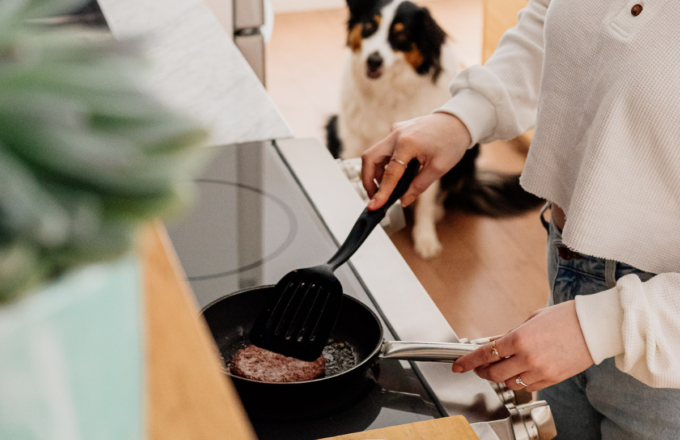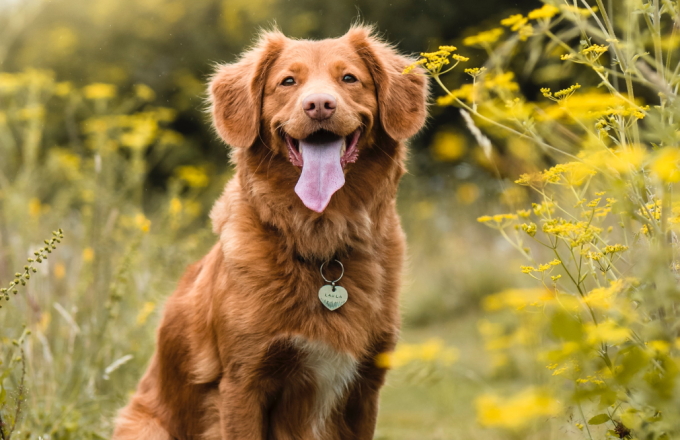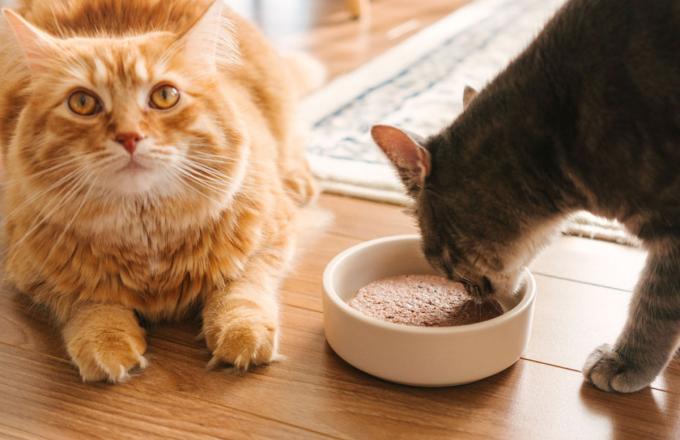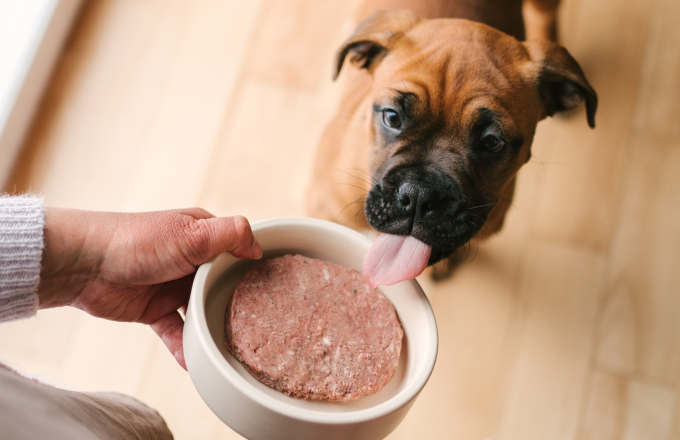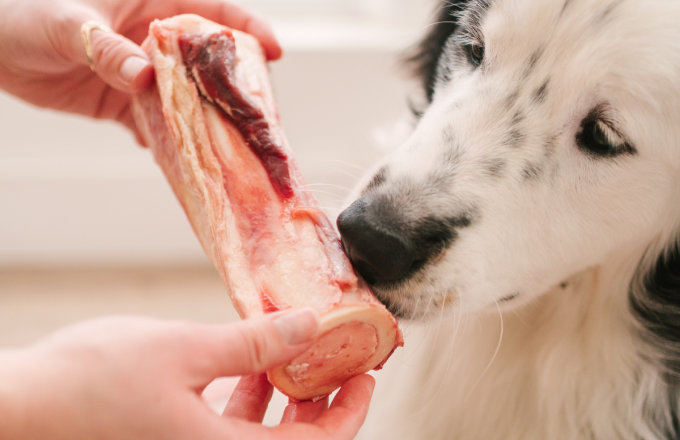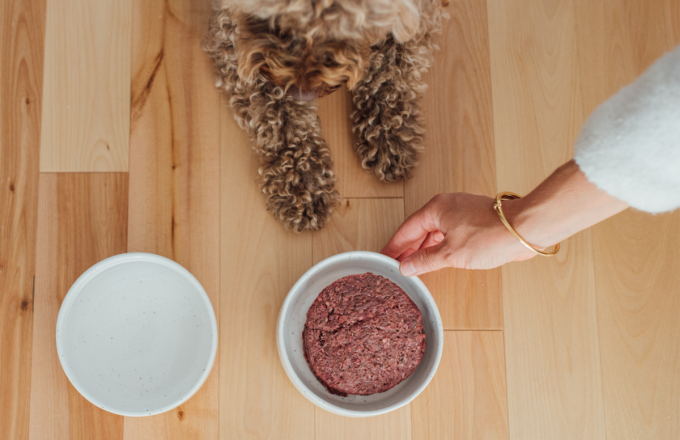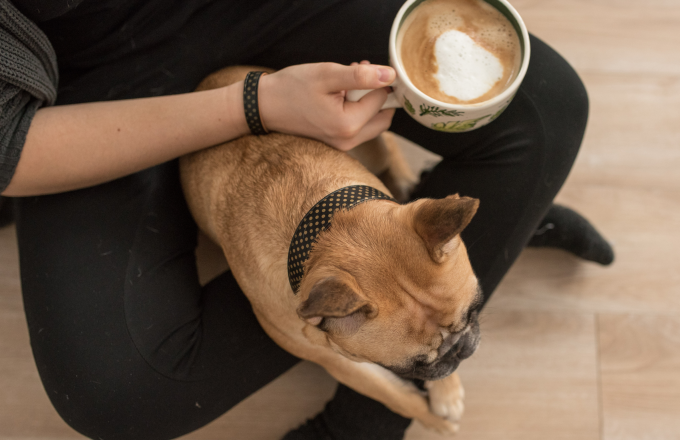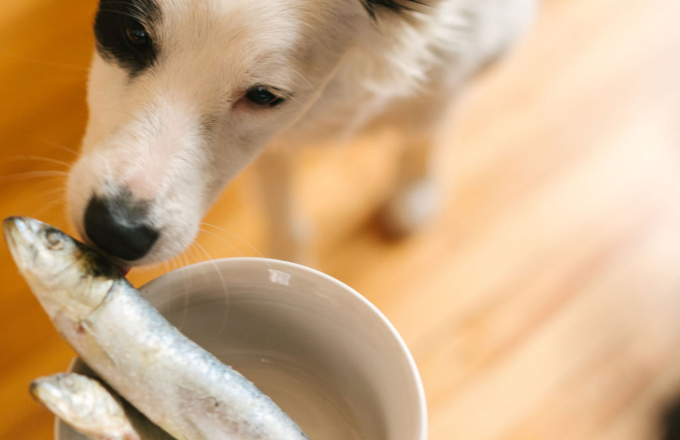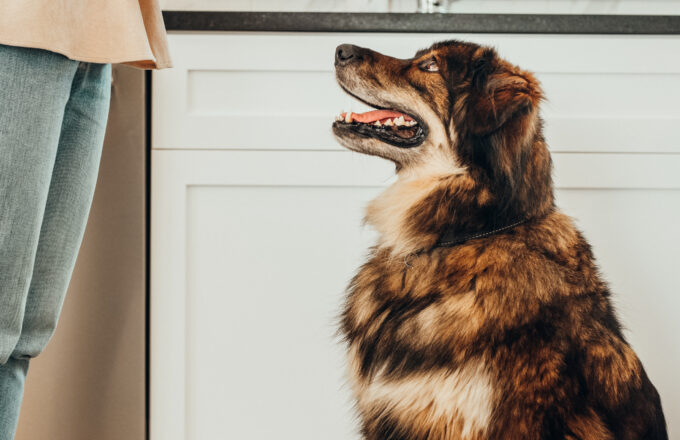Diarrhea in dogs: causes and treatments
If your dog is having diarrhea for the first time and you’re unsure what to do, don’t panic. Diarrhea in dogs is usually caused by something minor like diet or stress. But when should you be worried? And how can you help your furball feel better? Read about our tips in this article.
How to know if your dog has diarrhea
Your dog is having an episode of diarrhea if they pass three or more loose or watery stools per day. We tend to focus only on bowel movements, but diarrhea can also come with other symptoms:
- Fever
- Lethargy
- Discomfort
- Loss of appetite
- Dehydration
- Straining associated with bowel movement
While the last point is normally associated with constipation, it’s good to know that diarrhea can disrupt the normal rhythm of muscle contractions in your dog’s intestinal tract. Because of that, they may feel like they constantly need to have a bowel movement.
What causes diarrhea
Sometimes, it doesn’t take much for your companion’s intestinal flora to get off track. In many cases, diarrhea is caused by a bowel change. Watch out for the following triggers:
Diet
Diet is most often the reason behind diarrhea in dogs. Diarrhea can be due to:
- A change, sudden or not, in diet
- A food that your dog is not used to
- Contaminated food
- Irritating or laxative substances (spices, puddles, etc.)
- Excess food
- Poor quality and highly processed foods
A natural raw diet can promote good intestinal transit and help prevent digestive disorders in your dog.
Food indiscretion
Dogs are curious and always on the hunt for food, so it’s not uncommon for them to find and swallow foods or other substances that are not part of their diet. This can range from a pebble on the lawn to food from the trash or even certain plants containing harmful toxins. Therefore, it’s quite possible that your dog simply ate something they shouldn’t have.
Food allergies
Diarrhea can also be a symptom of a food allergy. Chicken, beef… Your dog may be sensitive to a protein they eat habitually. There are recipes for dogs that can reduce the symptoms of food allergies or intolerances, in turn preventing diarrhea.
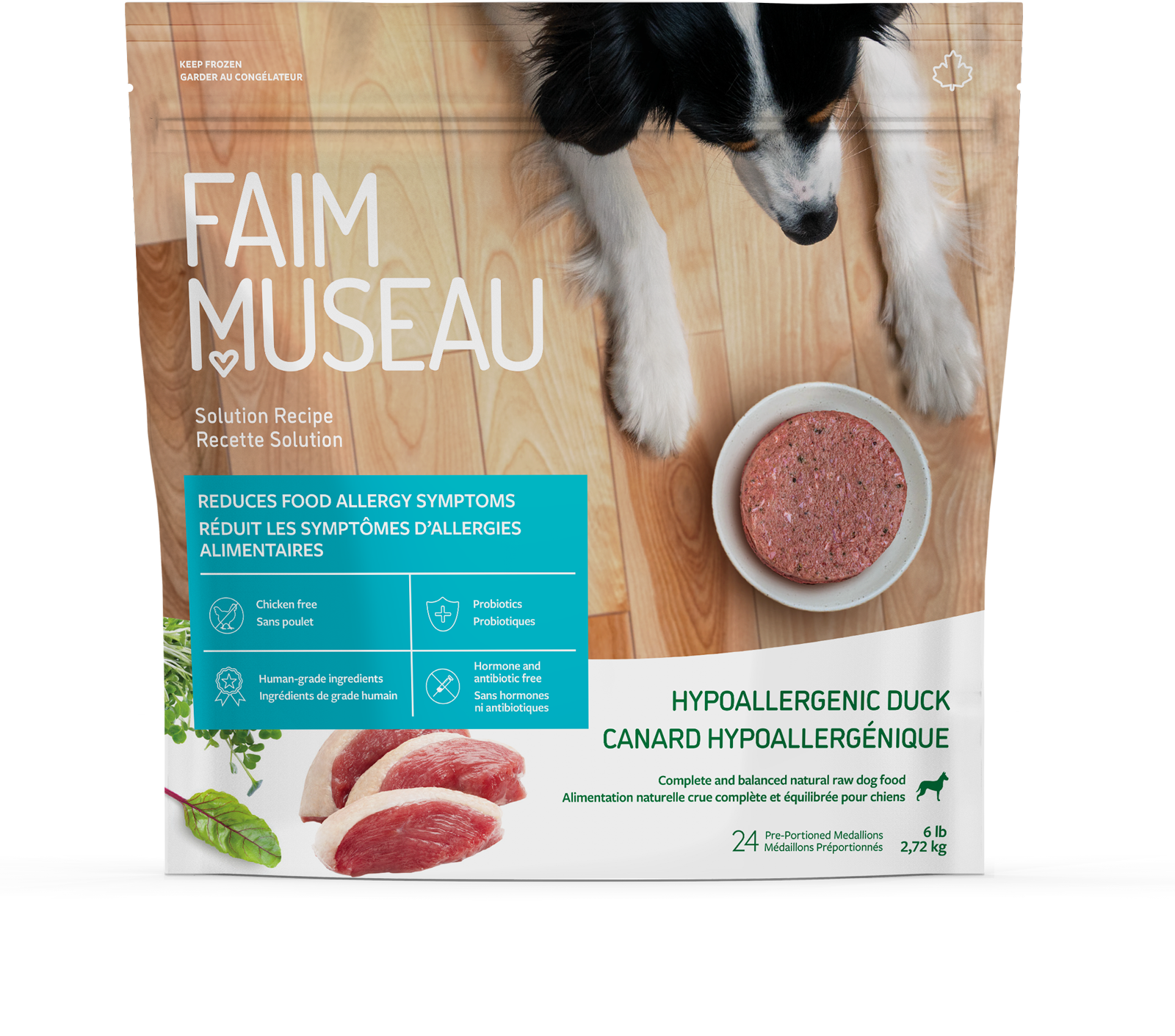
Discover Our Hypoallergenic Recipe
Digestive sensitivity
Some dogs have a fragile stomach or digestive system, which can cause more frequent diarrhea. A raw diet can help with this problem as it’s easier to digest due to the natural enzymes found in fresh meat.
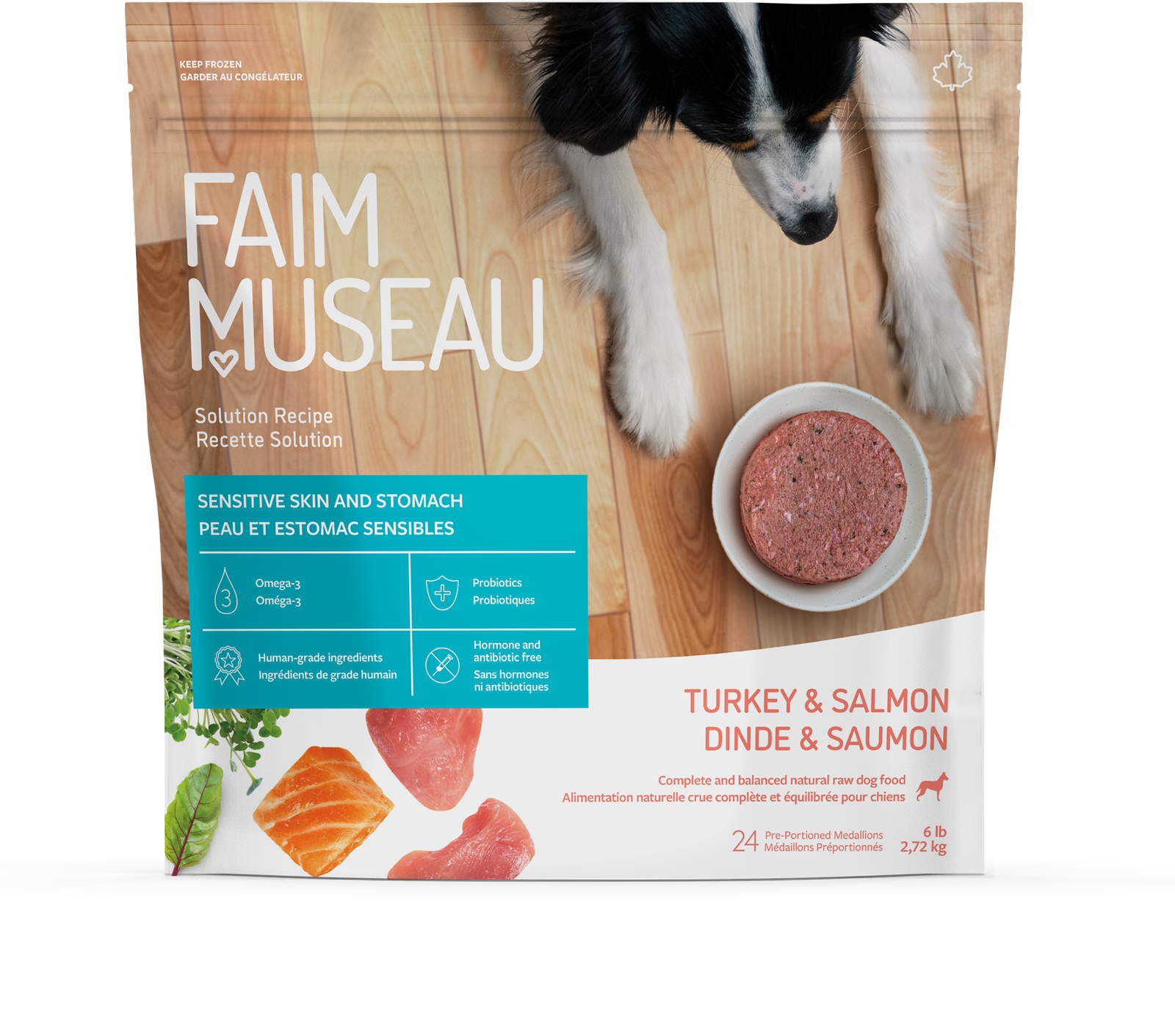
Discover Our Recipe for Sensitive Stomach
Stress
Just like humans, dogs can show their stress or anxiety through diarrhea. Remember that dogs don’t necessarily have the same reaction to change as we do. Even a slight change in their routine can cause stress in your pet. This can result in liquid or loose stools.
If you think your pet is having diarrhea problems due to stress, try to find the cause so you can eliminate or reduce the diarrhea.
Medication
Certain medications, especially antibiotics, can upset the digestive tract and cause diarrhea in dogs. If you have any doubts about the side effects of your pet’s medication, do not hesitate to discuss them with your veterinarian.
Parasites
Worms can irritate your dog’s digestive tract and lead to diarrhea. Puppies are more prone to diarrhea caused by parasites given their sensitive digestive system and propensity to eat anything, but it can happen to any dog. Deworming can help prevent a parasitic infestation.
Diseases
Inflammatory bowel disease (IBD) and exocrine pancreatic insufficiency can lead to diarrhea.
How you can improve your dog’s diarrhea
In most cases, diarrhea can be treated at home. Here are some tips to help your dog get back on all fours:
Hydration
After an episode of diarrhea, your dog loses a lot of water and electrolytes. Make sure they have access to a bowl of fresh water at all times.
A 12-hour fast
In order to give your dog’s digestive system some rest, we advise a fast lasting between 12 to 24 hours. It’s important not to fast a puppy, small breed dog, or older dog. Instead, prepare them a mixture of cooked vegetables, chicken (or turkey) and broth.
Soup for dogs
You may have heard that white rice and boiled chicken are the cure for diarrhea, but soup or broth is a gentler way to ease your dog’s transition into their regular diet.
You can buy soup or bone broth at the grocery store. Ensure that it’s low in sodium and the ingredients are simple, natural, and limited (no garlic or onion).
This soup recipe for dogs can be easily made at home.
- In a large pot, place three or four chicken thighs.
- Add six cups of water.
- Chop celery and carrots (optional) and add everything to the pot.
- Bring to a boil and simmer for 1½ to 2 hours.
- Remove the skin and bones and reserve the meat.
- Strain the broth and allow it to cool before serving.
When the diarrhea subsides, you can start giving your dog small portions of soup:
- For small dogs: a few tablespoons.
- For large dogs: ½ to one cup.
Wait about 4-6 hours and watch for diarrhea before offering more. Do not give the soup if the diarrhea persists. Wait until it goes away.
Solid foods
When your dog starts eating solid foods again, it’s best to start with a bland diet of cooked ground chicken (or turkey) and pumpkin.
If you have a puppy, you can continue to offer the vegetable and broth mixture by adding more solid foods like yogurt, potatoes, or white rice. You need to make sure their digestive system is back to normal before reintroducing their usual diet.
Probiotics
Probiotics can be beneficial for naturally preventing and treating diarrhea. It may be good to add good quality pet probiotics to your pet’s routine to rebalance the flora, once the diarrhea has been treated.
Probiotics can also be offered long term to help prevent future episodes of diarrhea. At Faim Museau, all of our recipes contain two types of probiotics: Bacilli and Lactobacilli sp.
When should you be worried about your dog’s diarrhea
In a healthy dog, diarrhea should go away in 2-3 days. If you notice that your dog seems to be getting better and their general health is good, there is nothing to worry about. We simply recommend that you monitor symptoms, continue to provide good care, and ensure that their health does not suddenly deteriorate.
However, if the diarrhea lasts longer, your dog seems sick, or you notice the following signs, it’s time to see your vet:
- Fever
- Vomiting
- Abdominal pain
- Presence of blood in the stools or black stools
- Pale, dry, or sticky gums
- Signs of pain and weakness
- Loss or decrease in appetite
- Change in your dog’s behaviour
- Presence of a large amount of mucus in the diarrhea
- Loose stools that have lasted for more than 48 hours
Note that diarrhea is not to be taken lightly in puppies, small breed dogs, older dogs, and dogs with a health problem. In these cases, we recommend that you consult a veterinarian quickly.
As a parent, it’s completely normal to worry about abnormalities in your dog’s health, and to express concern once loose or liquid stools appear. We wonder what is going on, what they ate, or if they’re developing a health problem. That being said, the reasons behind diarrhea are oftentimes minor. If you think the diarrhea is a symptom of something serious, don’t hesitate to discuss it with your veterinarian.
Is your pet showing signs of constipation? Read about it here.


